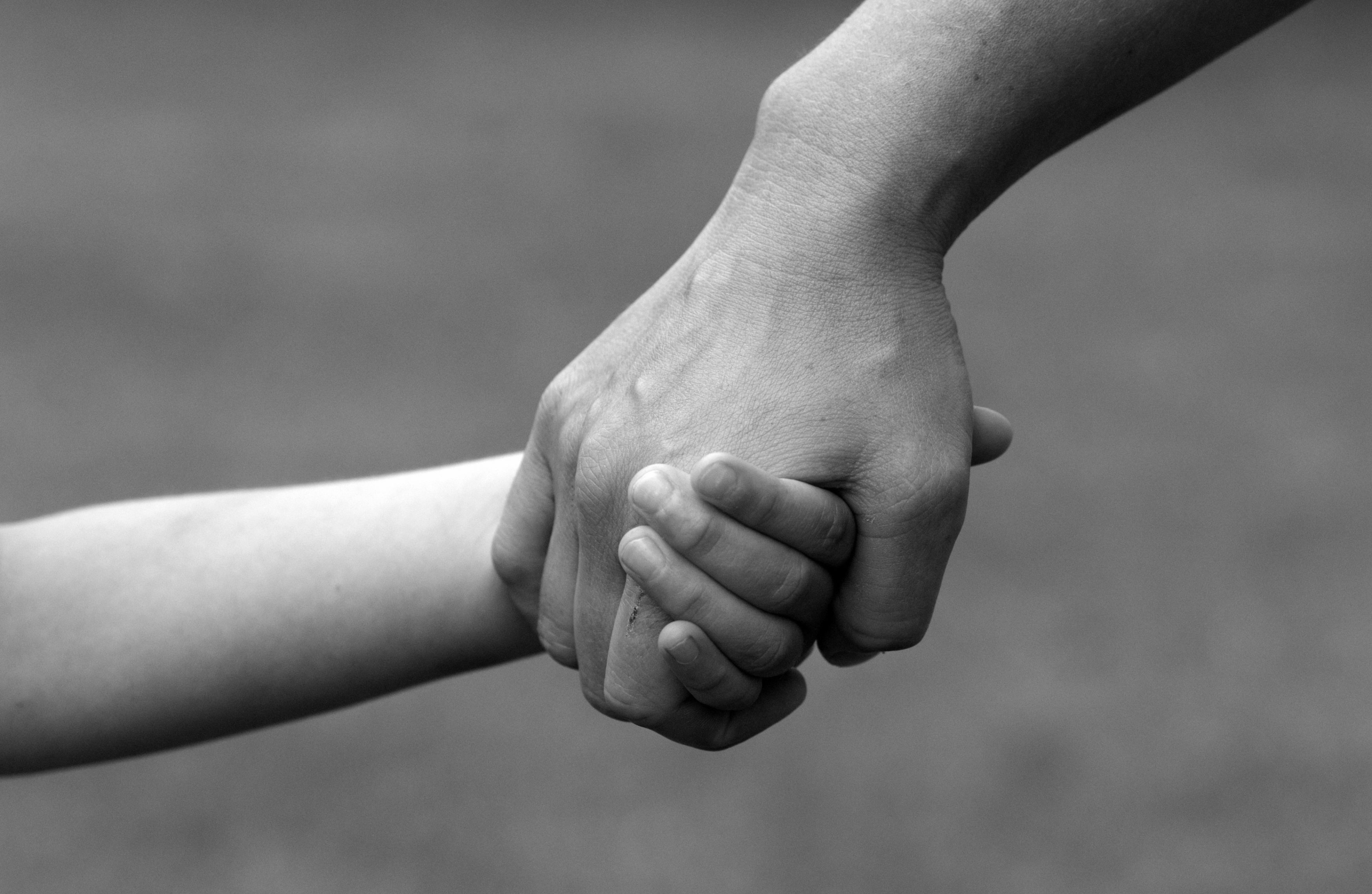
The Pinellas County Juvenile Welfare Board is increasing its investment in several emergency response efforts responding to low income families disproportionately impacted by the COVID-19 crisis, workers who have lost jobs, a shortage of childcare options for essential workers and other stressors related to the pandemic.
“During any economic downturn or public health crisis, low income families are disproportionately impacted,” said Beth Houghton, CEO of the Juvenile Welfare Board. “Before COVID-19, 50% of Pinellas families earned less than the basic cost of living, and one in five children were food insecure. I imagine it’s much worse now.”
“Our children and families are hurting, and we are working hard to identify resources, expand investments, and plow through barriers, alongside our partners.”
Among its investments, the Juvenile Welfare Board (JWB) is providing $1.7 million for its Family. Services Initiative Basic Needs Fund. That pool of money goes to families who need assistance with rent or utility payments, food or household items. That fund is available year round, but is being promoted more heavily as greater needs arise in the coronavirus crisis. Those in need can seek help by calling 2-1-1 or visiting its website.
The group is expanding its Emergency Response Fund, which Allows all of the more than 50 nonprofit agencies funded by JWB to serve children and families through early learning, home visiting, before/after school, domestic violence shelters, mental health services, and other services to access their budget allocations to cover operational expenses, including paying and retaining employees should programs be required to close or reduce services due to COVID-19.
JWB is also providing $200,000 for emergency food relief. The agency estimates that retail food donations to local food banks are down nearly 75%. The funds will be used to distribute food supplies to the Tarpon Springs Sheperd’s Center, Religious Community Services in Clearwater, the Florida Dream Center in Lealman and the St. Petersburg Free Clinic. More funds will be allocated as needed.
The group is also providing $350,000 for meals for kids, doubling the amount of pre-packaged meals available for children at JWB’s eight Neighborhood Family Centers.
Another $12,000 will go toward Meals on Wheels 4 Kids, a pilot with the Tampa Bay Network to End Hunger that delivers meals to families’ doorsteps in situations where barriers prohibit them from accessing other services.
More information about food assistance for children and families is available at the JWB website.
The Pinellas Community Foundation and the group’s Disaster Relief and Childhood Hunger funds also has information about available resources on its website.



